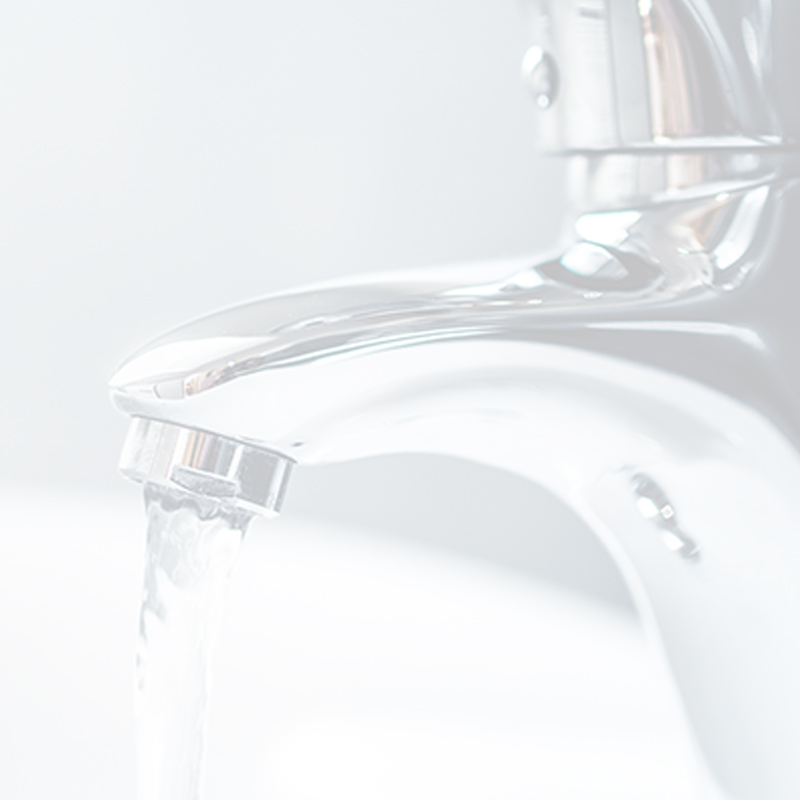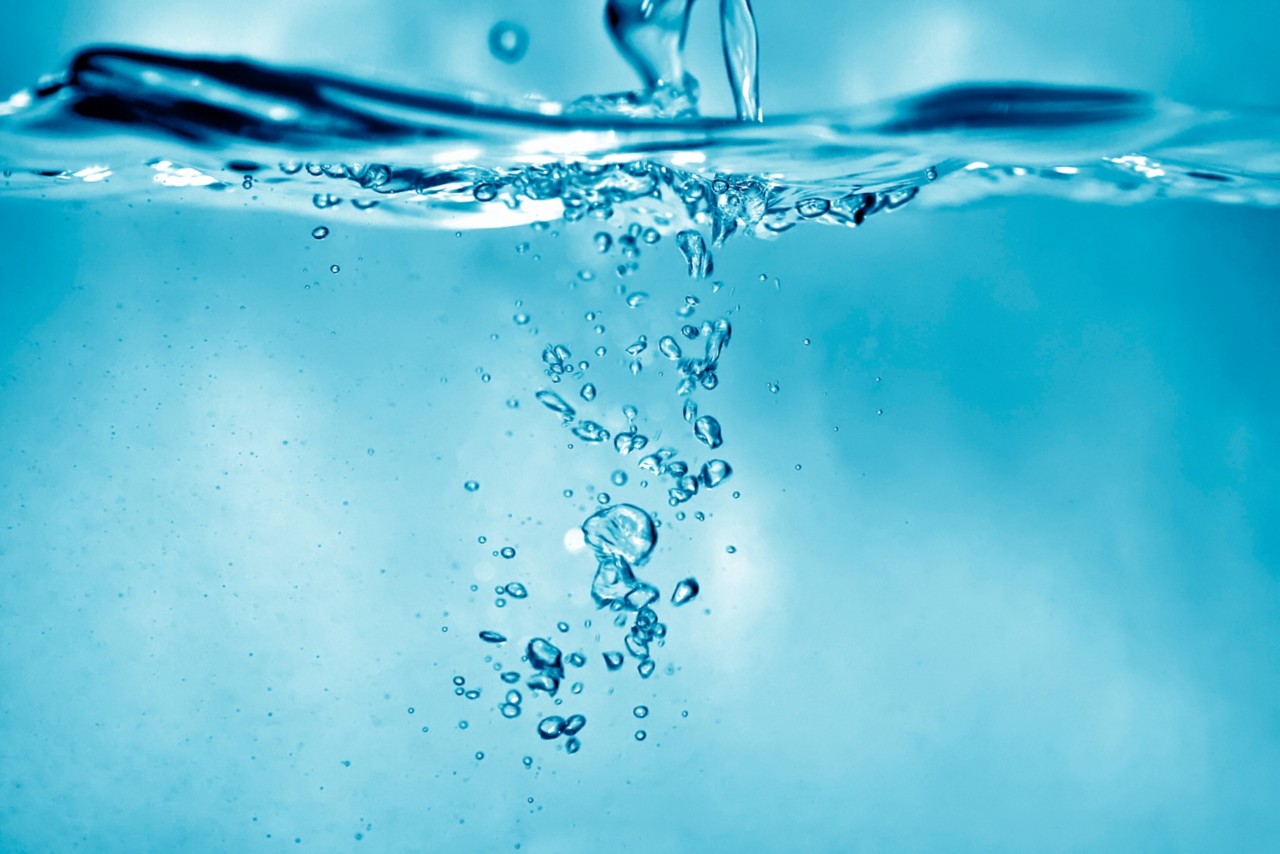Stop Wasting Water and Money. FIND A LOCAL PRO
Why is conserving water so important? The simple answer is that water is a finite resource. Although water makes up most of our planet, less than 1% of water is available for our daily water supply needs, and the other 99% is saltwater or stored in glaciers and ice caps.
Conserving water reduces your environmental footprint and can even help lower your utility bills. Luckily, there are ways to conserve water at home. Here are some tips for reducing your water consumption.
Turn Off the Faucet Between Tasks
Don't let the water from the faucet run whenever you're brushing your teeth. Before brushing your teeth, wet your toothbrush and fill a glass of water for rinsing your mouth. The same thing goes for shaving. Instead of letting hot water run from the faucet, fill part of your sink with warm water and rinse your razor with that.
Only Wash Full Loads
Whether it’s your dishwasher or washing machine, only run them when you have full loads. Also, take advantage of any energy-saving settings you might have on your unit. If you have an older dishwasher or washing machine, you may consider investing in a newer model with these energy-saving settings to help conserve more water.
We are water Experts
Water quality is non-negotiable. To prove it, we've built state-of-the-art water quality labs and filled them with the best and brightest scientists — all so we can provide you with the best water of your life.
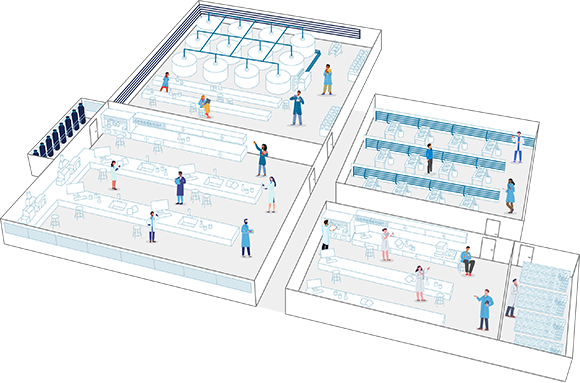
Do a Routine Maintenance Check
At the start of every season, it's good to spend time going through a water-based home maintenance checklist to ensure everything is working properly. That way, you can catch any water-related issues before they get worse. Here are some actions you can take:
- Perform a leak check
- Clean faucet traps
- Test your sump pump (if applicable)
- Inspect your supply hoses
- Replace your water filters
Repair Leaks as Soon as Possible
Look out for dripping faucets, leaky showerheads, worn toilet flappers, and other leaking valves around your home. According to the Environmental Protection Agency (EPA), 10% of homes have leaks that waste 90 gallons of water or more per day. Luckily, leaks are usually easy to fix if you catch them early enough. Plus, the EPA also mentions that fixing household leaks can save you around 10% on your water bill.
Update Your Bathroom Fixtures
According to the EPA, bathrooms account for more than half of all the water that families use indoors. Most of this usage comes from standard bathroom fixtures such as toilets, showerheads, and faucets. If you want to conserve water, here are some things you can do to maximize these fixtures:
- Toilets — Check to see if you have a low-flow toilet, which uses only a third of the water older toilets use. Most new construction requires low-flow toilets, but you may still use an outdated toilet if you live in an older home.
- Faucets — Ensure your faucet comes equipped with an aerator. This accessory reduces water usage by mixing air bubbles into the stream, so you get as much pressure with less water.
What's in your water?
start here
Worried about your water? Take control with our at-home water test kit. We'll analyze your water and recommend the best filtration or softening solution for your specific needs.
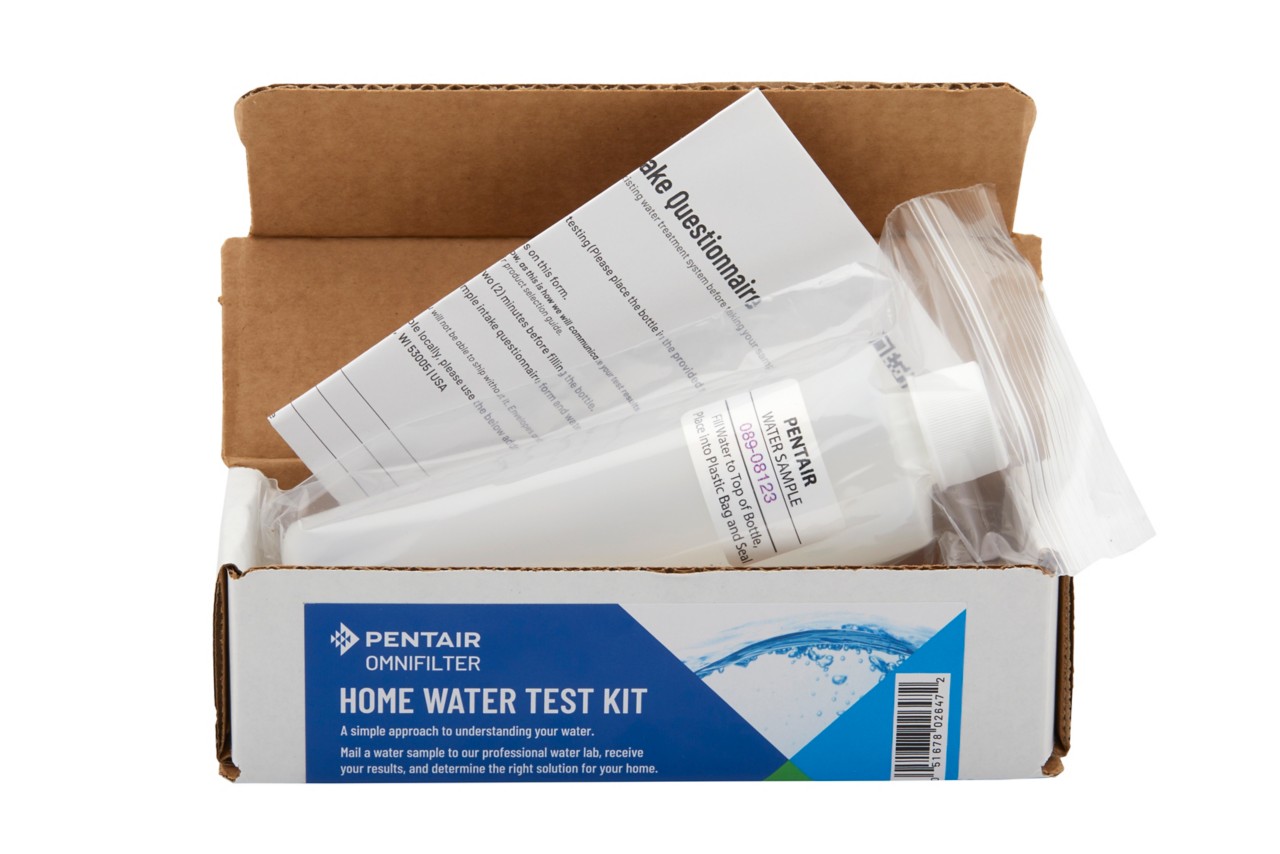

Water 101
Unleash the secrets of your H2O! Explore where water originates and discover the various water filtration solutions that transform it into drinkable water.
Related Articles
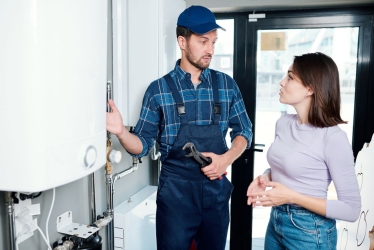
WATER-BASED HOME MAINTENANCE CHECKLIST
Home maintenance tips for summer, spring, or fall wouldn’t be complete without…
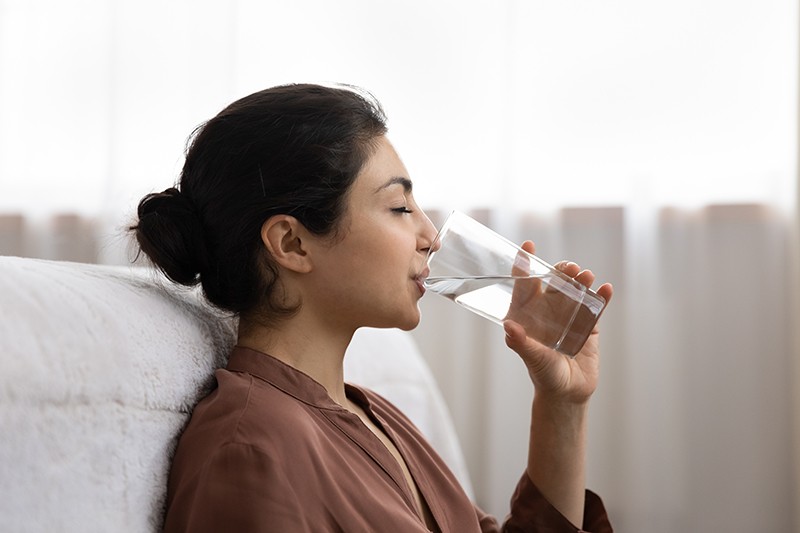
WATER FILTRATION SYSTEMS FOR APARTMENT LIVING
If you’re concerned with water quality, apartment living can be tough.…
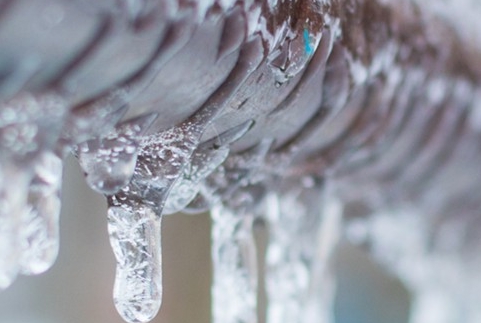
WINTER PREPAREDNESS TIPS FOR WATER
As temperatures drop this winter, it's time to think about water-related issues associated with cold weather..…
Disclaimer: The information on this website has not been reviewed by the FDA. Products offered for sale herein are not intended to treat, cure or prevent any disease or health condition. No medical claims are being made or implied. Contaminants mentioned are not necessarily in your water.

